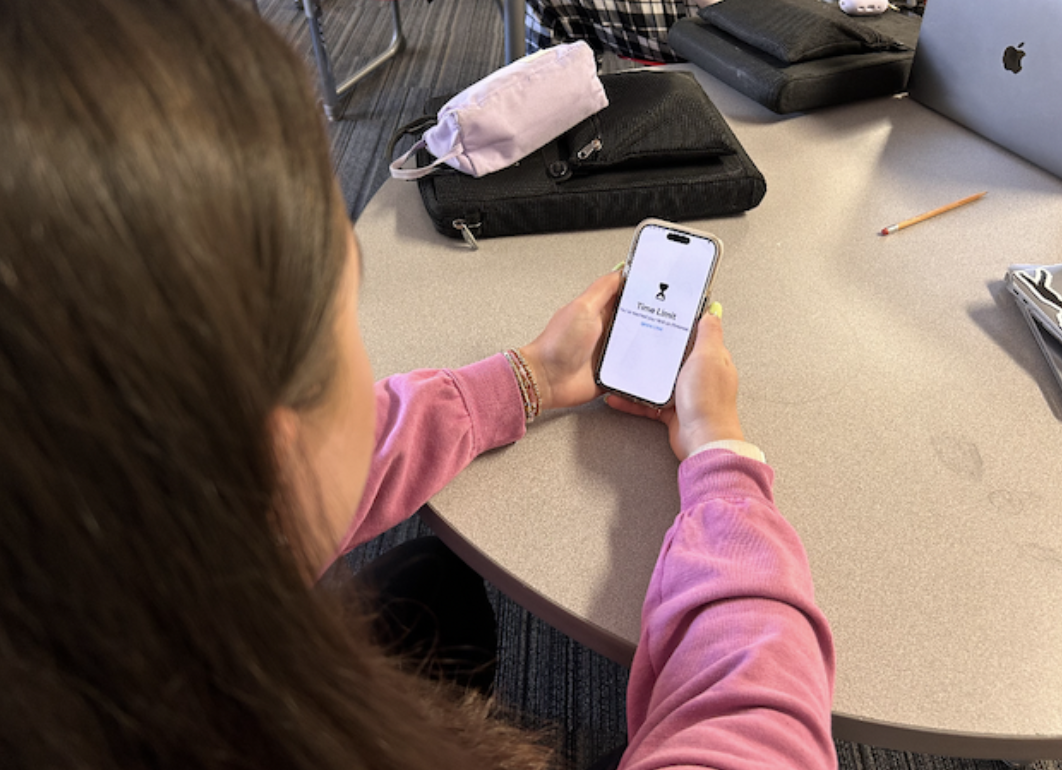Phones have become a prevalent item in most people’s day-to-day lives. In some cases that can be beneficial, but in others, not so much. There have been many resources created to help parents and guardians combat their children’s phone usage.
Some high school students’ phones have restrictions set by their parents or guardians. The most common restrictions are explicit tracks being blocked on music platforms, YouTube age restrictions on content, time limits on certain apps, and automatic shut-off times for cell phones.
A handful of students don’t have any restrictions on their phones. This is the case for senior Makayla Shiek because she doesn’t spend too much time on her phone. She does think that for some people, restrictions are necessary. “The positive of not constantly being on your phone is being able to socialize and that sort of stuff and hanging out with others,” Shiek said.
Sophomore Bella Fiddler sets her own restrictions on her phone. She has set a three-hour-a-day limit on her phone, and after the three hours are up, she will go find something new to do with her day. “I don’t want to be on my phone the whole day just because of school and everything, and I also like getting good physical activity and going outside,” Fiddler said.
Fiddler thinks that not being on her phone all the time has been a good thing for her. She takes AP Human Geography and says that she can focus on more work because of these restrictions. “Putting my phone away or setting a limit creates more time for me to do homework,” Fiddler said.
Other students have restrictions set by their parents. Sophomore Elijah Reinberg’s parents set time limits on his phone, so at a certain time each night, every app on his phone becomes inaccessible. This is because his parents want him to be doing other things and not solely be on his phone for a whole day, which he understands. “It impacts you negatively if you’re just laying around looking at your phone all the time,” Reinberg said.
Just because some students may purchase their own phone, doesn’t mean they are automatically excused from parental restrictions. Senior Steven Sibri Pina bought his phone during his freshman year. To this day, his parents still control his phone to some extent in order to teach him healthy phone habits. “There are restrictions on how many minutes I get on my phone,” Sibri Pina said.
Everyone’s phone usage is different, so parents and guardians have to intervene in different ways depending on their child. However, everyone agrees that normal phone restrictions have an intent behind them.





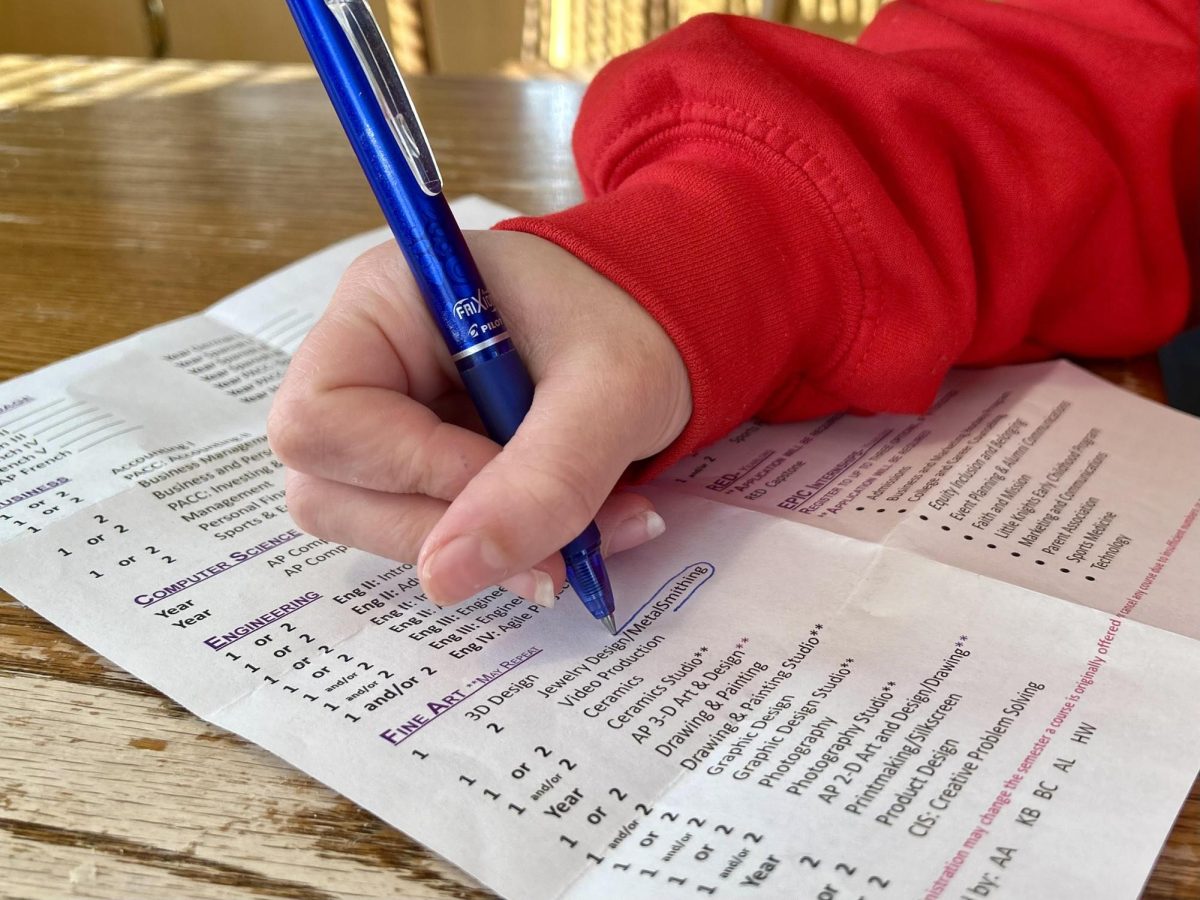
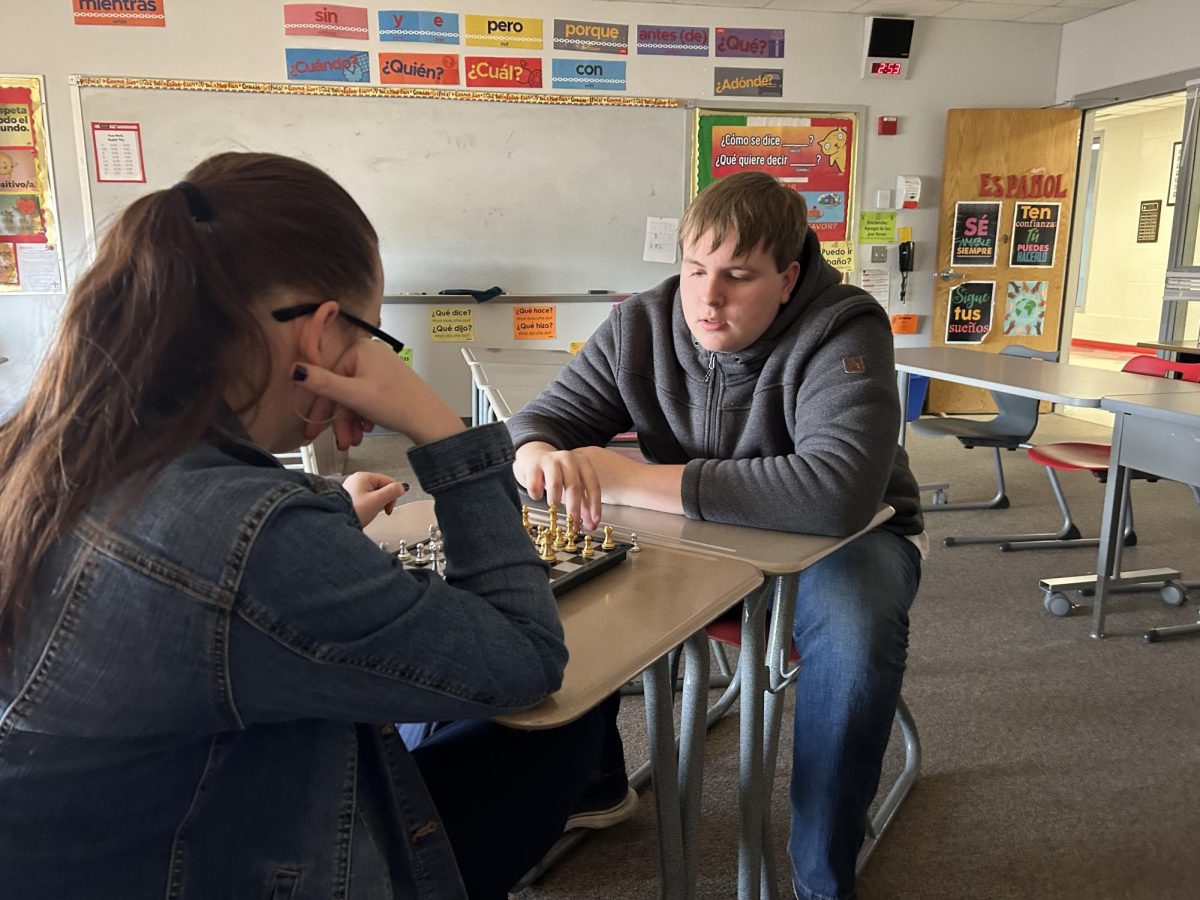

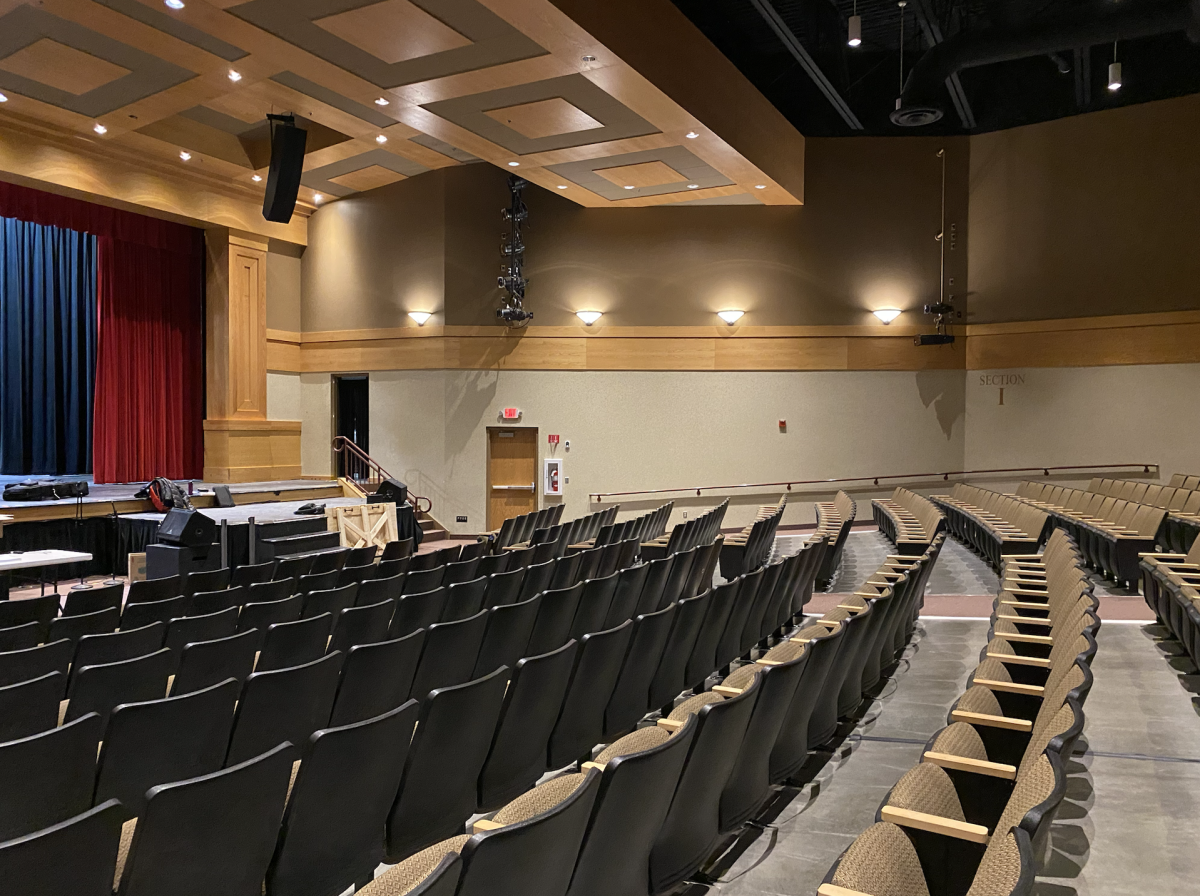

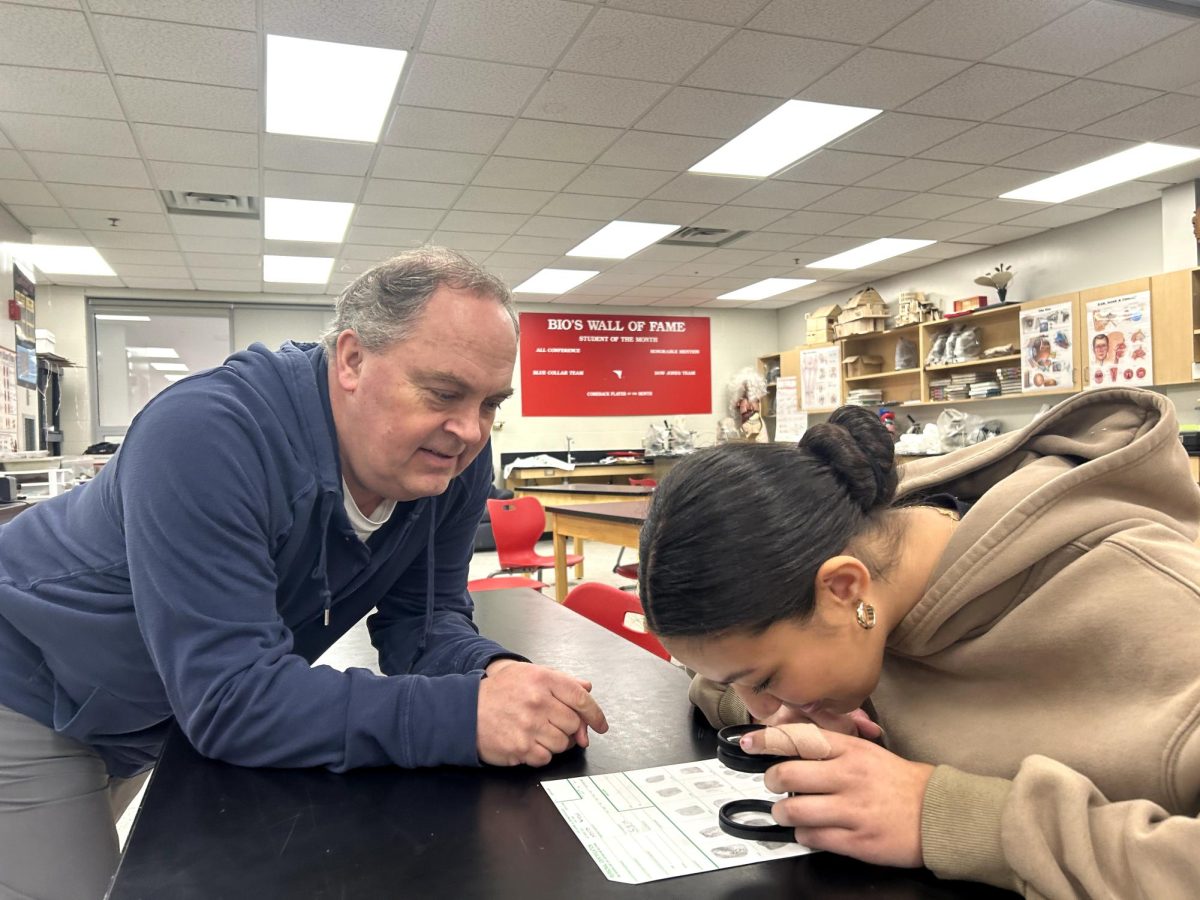









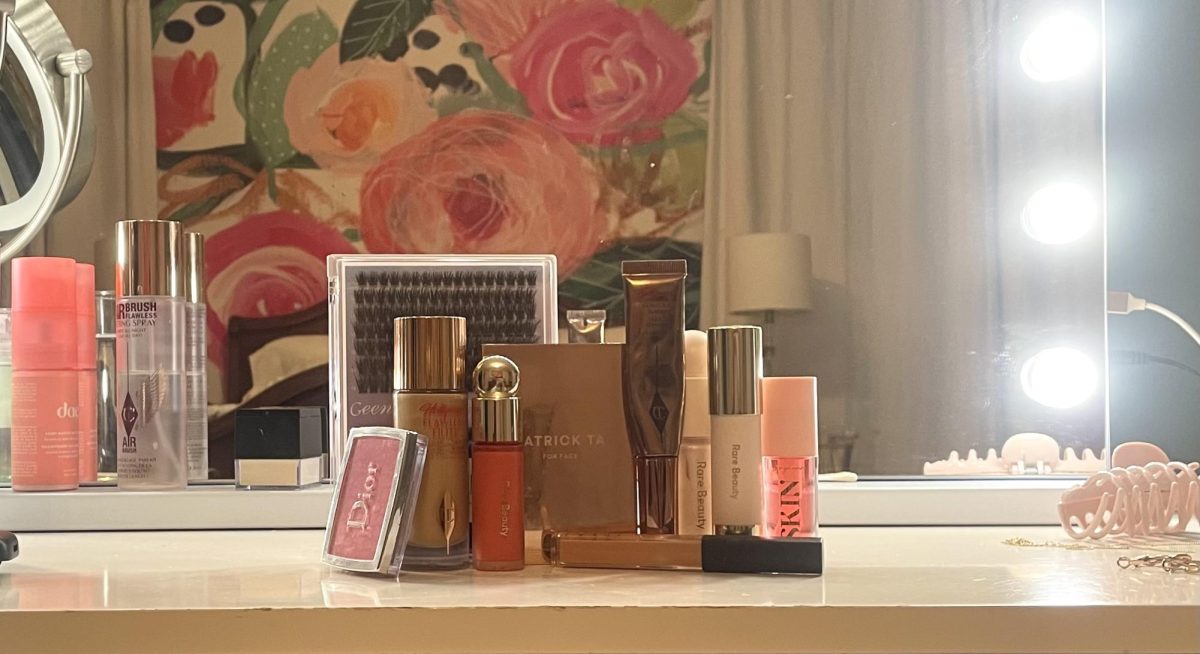



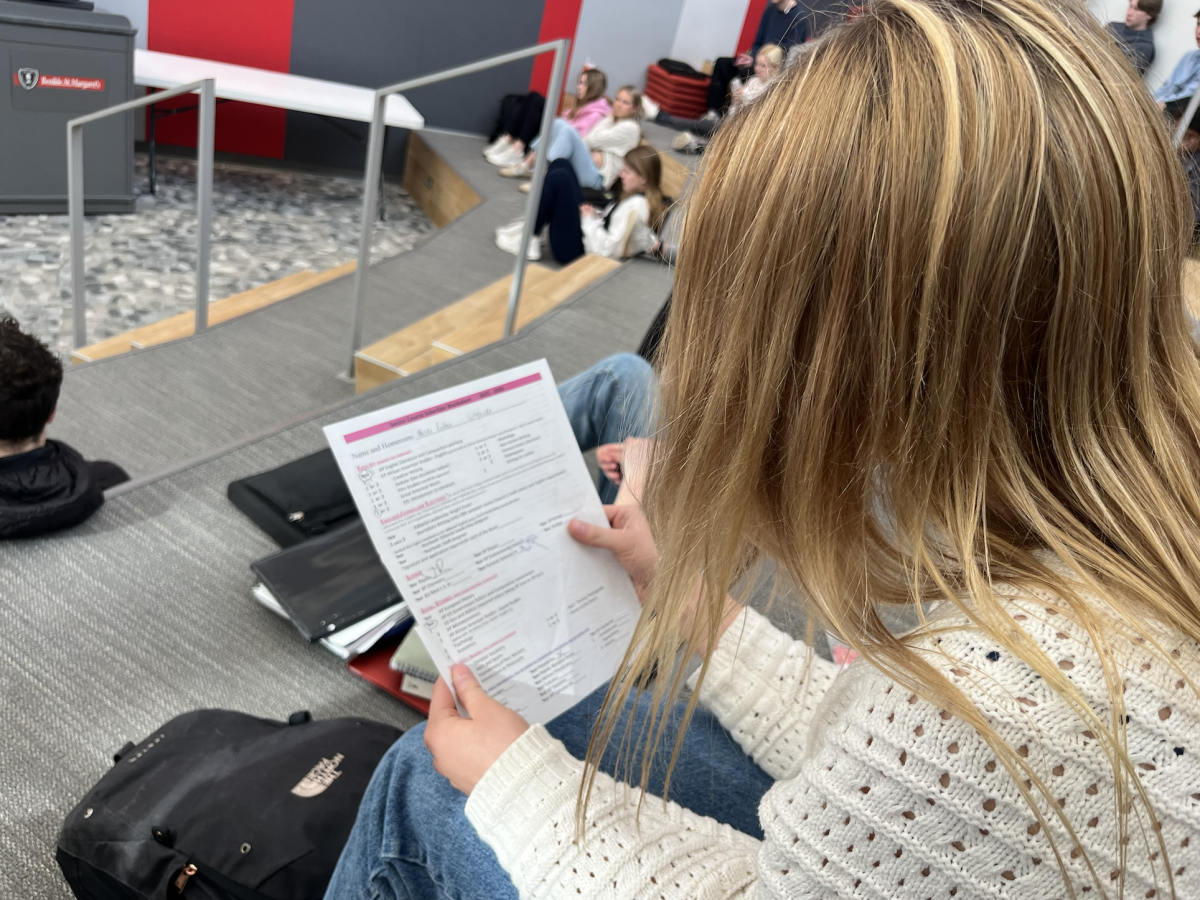











![Teacher Lore: Mr. Hillman [Podcast]](https://bsmknighterrant.org/wp-content/uploads/2025/03/teacherlorelogo-1200x685.png)




